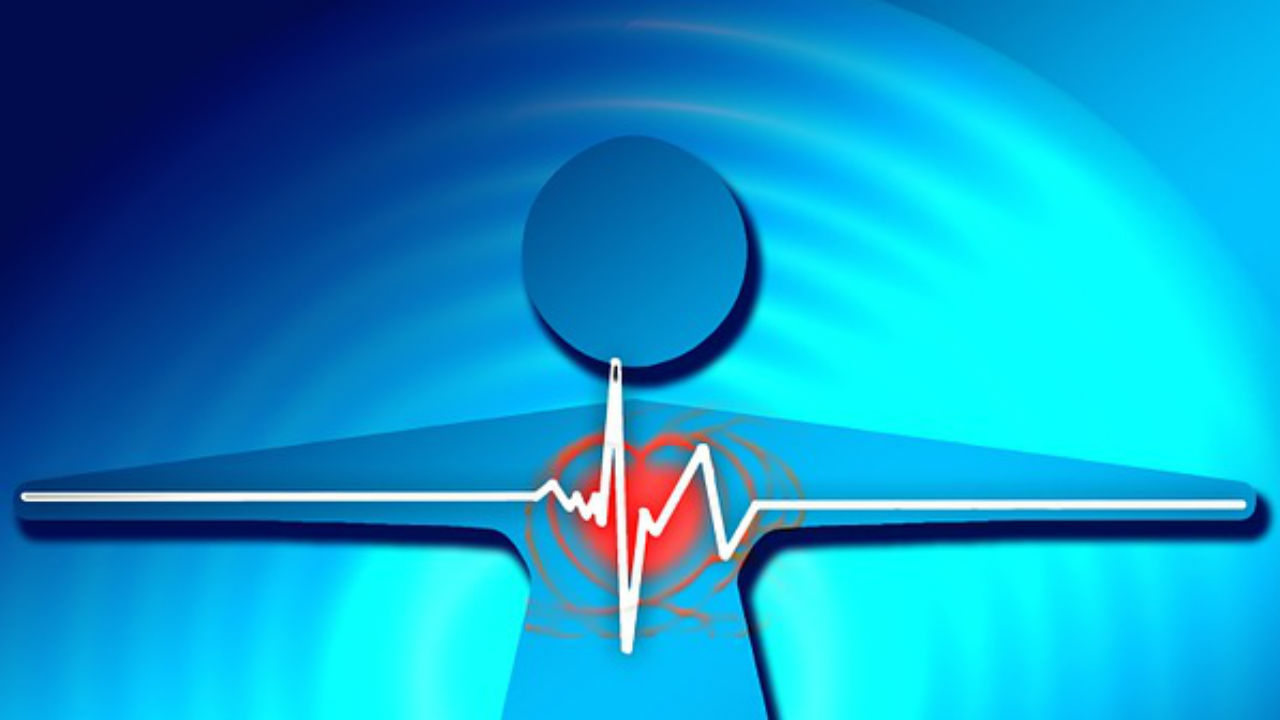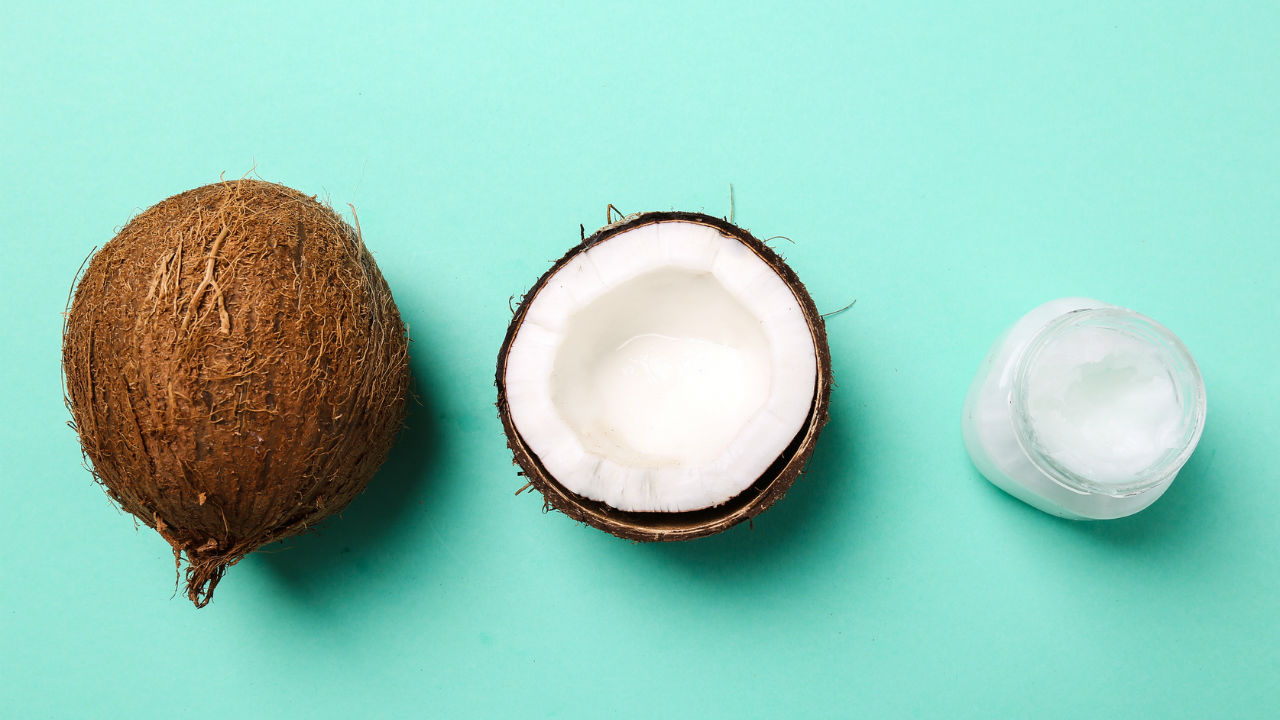The use of stem cells from the umbilical cords of newborn babies has led to the development of treatments that have the potential to reverse brain injuries, cancer and a variety of other disorders, but the origins of stem cell therapy are murky. They began when scientists studied embryonic mouse cells.
Soon this research moved to human embryonic cells, created in a laboratory for that purpose. Some of the embryos used are a by-product of in vitro fertilization (IVF). Any embryos that are not implanted into the uterus or frozen are either disposed of or used in medical research, and stem cell culturing falls under the category of medical research.
While some people don’t view the embryo as a baby because there was never a pregnancy – it was never in the womb – others think life is life from conception and anything that causes the death of an embryo is abortion, regardless.
Even more controversially, researchers use aborted fetuses (age 12 weeks gestation and over) to obtain their stem cells and tissues for use in curing people of various diseases. The term fetus is Latin for ‘little one’. It is essentially the name for a tiny little person who has all of his body systems already in place. The new 4D scanning techniques developed in recent years show 12-week-old fetuses practicing "walking" in the womb, by making stepping movements. They were also seen yawning and rubbing their eyes. Yet fetuses this age and older are routinely destroyed at abortion clinics and their cells and tissues harvested.
Six-year-old Daniel Kerner had stem cells from an aborted fetus injected into his head to try and reverse a fatal brain disease, Batten disease, that causes blindness, paralysis and death. Daniel started talking after the procedure. He hadn’t spoken in two years.
Many people find using the body parts of dead babies to help others is abhorrent and that the unborn child has as much right to live as the terminally ill child. This cloud of controversy has hung over stem cell therapies since its inception.
There are also unknown medical risks of transplanting human fetal tissue or embryonic stem cells into people. Since each embryo has its own entirely individual DNA, the recipient may end up rejecting the donated stem cells or tissue in the same way a person can reject a donated organ. Researchers in Portugal discovered that autistic children who had been injected with vaccines containing aborted fetal tissue had antibodies to their own brain tissue in their blood.
Since stem cells can be gained from the umbilical cord of a baby without killing that baby, this is the much more ethical alternative in stem cell therapy. If a person uses their own stem cells after storing their cord blood, they also avoid rejection and other health dangers because they are using their own cells. This is the humane and healthier way forward, and necessary if stem cell therapy expects to gain widespread social acceptance.
Sources: http://www.msnbc.msn.com/id/16159766/
http://news.bbc.co.uk/1/hi/health/3846525.stm
Dr Catarina Amorim; Journal of Neuroimmunology; Instituto Gulbenkian de Ciência, Observatório da Ciência e do Ensino Superior, Portugal; July 23, 2004.
Joanna is a freelance health writer for The Mother magazine and Suite 101 with a column on infertility, http://infertility.suite101.com/. She is author of the book, 'Breast Milk: A Natural Immunisation,' and co-author of an educational resource on disabled parenting, in addition to running a charity for people damaged by vaccines or medical mistakes.





Add a CommentComments
There are no comments yet. Be the first one and get the conversation started!